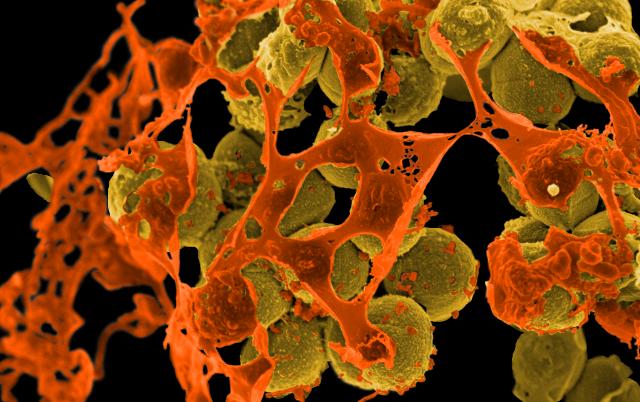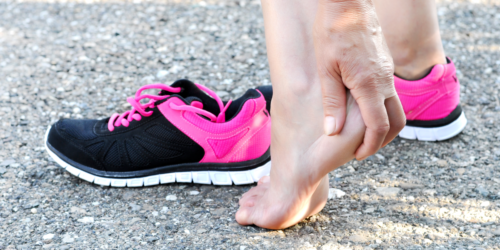What’s the deal with MRSA? I hear Jerry Seinfeld in my head doing stand up comedy and making light of the acronym. So what is the big deal, and why are people freaking out.
For a while It seemed like every time you turned on the TV or looked through current events on-line someone was talking about MRSA. While it has settled into its normal position of being just another acronym in our common lexicon. But, with yesterdays report of a third student at Rocky Point High School was diagnosed with an MRSA infection, it is still a problem lurking in the shadows.

You hear it’s in the hospitals, schools, locker rooms, but…what the heck is it? MRSA is an abbreviation for Methicillin Resistant Staphylococcus Aureus. This term simply means that a bacteria called Staphylococcus Aureus (AKA “Staph”) is resistant to Methicillin (a penicillin-based antibiotic). Methicillin is not the only antibiotic MRSA is resistant to. MRSA is resistant to almost all standard antibiotics that are prescribed for common infections such as respiratory infections, skin and soft tissue infections.
So this resistance to standard antibiotics makes MRSA more difficult to treat. And to make things even more difficult, MRSA infections are divided into 2 categories listed below:
-
Community-acquired MRSA- MRSA infection that is found in communal areas such as gyms and locker rooms. This type of MRSA is the type that you typically read about infecting a young athlete.
-
Hospital-acquired MRSA- MRSA infection that has occurred within a medical facility such as a hospital or nursing facility. This type of MRSA is resistant to almost all oral antibiotics and usually requires IV (intravenous) antibiotics.
Regardless of the type of MRSA infection, the infection should be treated promptly! Any wound or sore that is not healing or looks like it is getting worse even when you’re taking an antibiotic should be evaluated by a specialist for proper treatment.
The best way to prevent transmission of any bacteria including MRSA is keeping facilities clean and washing your hands. If you have a sore that is not healing on your foot, then call Country Foot Care and let our foot care specialists evaluate you and and get you the prompt treatment you deserve.


